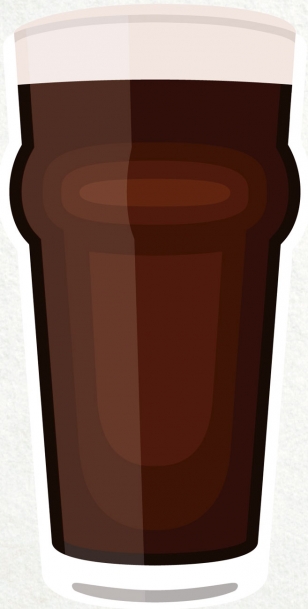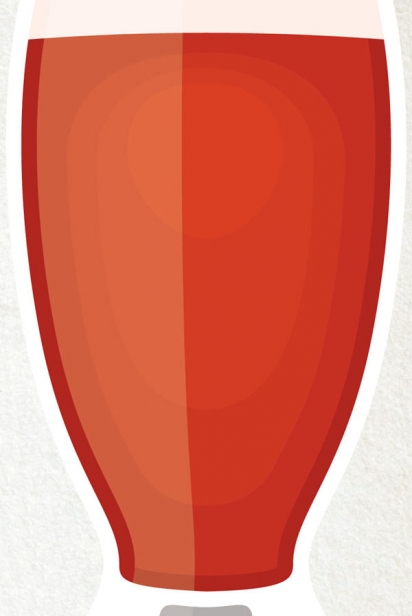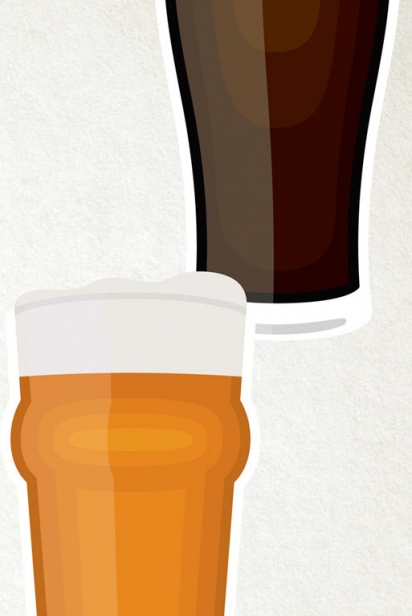SQ 792 Could Make Oklahoma’s Alcohol Scene Cooler
The alcohol laws in Oklahoma are strange compared with most other states. We’ve got 3.2% alcohol-by-weight (ABW) restrictions, a lack of strong beer and wine in grocery stores, and no on-premises brewery sales. Two bills introduced and passed recently are trying to change that, bringing Oklahoma’s alcohol laws in line with other states.
The first, SB 424, was passed in May by the Oklahoma House and Senate and signed by the Governor. The second, SJR 68/SB 383/State Question 792 is a Constitutional amendment, and will be voted on by the people in November. Oklahoma beer drinkers can expect a different landscape in the future, as SJR 68/SB 383/State Question 792 completely overhauls the Constitutional section dealing with alcohol. SB 383 is more than 200 pages long, filled with opaque legal language. Cutting to the heart of the bill can be difficult, so we have for you a short primer on how these laws might affect what’s in your glass.
SB 424 has been passed by the Oklahoma House and Senate and was signed into law by Governor Mary Fallin on June 6th, 2016. It will go into effect August 25, 2016, 90 days after the end of the legislative session. SB 424 essentially allows breweries to sell their own full strength beer by the glass and for take-away at the point of production. Right now, breweries and brewpubs are only allowed to sell “low point” 3.2% ABW beer at the brewery. Most of the breweries in the state have been selling special low point offerings, but once this law goes into effect they can sell any of their own beers, regardless of alcoholic content. This will mean special release day events in Oklahoma and hopefully long lines for the most sought after brewery-only releases.
This is likely a game changer for Oklahoma breweries, greatly increasing the prof itability potential of on-site brewery sales. Selling directly to the consumer cuts out the distribution middle man, creating additional profit for the companies while increasing choice and lowering prices. As the craft beer business becomes more profitable, it will attract more breweries to the market, resulting in greater choice for the consumer. SB 424 basically creates a loophole in Article XXVIII of the Oklahoma Constitution, the article that determines most of our state’s alcohol regulation. That article states that a brewery must sell to a distributor. SB 424 addresses this by saying that “samples and sales of beer made or served by a brewery under this section shall not be considered a ‘sale’ of beer within the meaning of Article XXVIII.” State Question 792 hopes to completely overhaul Oklahoma’s alcohol laws by replacing Article XXVIII of the Constitution. Below are some of the major changes proposed in SQ 792:
• Grocery stores and convenience stores would be allowed to sell cold strong beer and wine.
• Corporations that only sell beer and wine would be permitted to possess multiple licenses. Currently, retail liquor licenses may only be owned by sole proprietorships or a partnership between a married couple, and are limited to one license. SB 383 will increase the number of licenses to two if, for example, a convenience store wants to sell liquor as well.
• Retail liquor stores would be allowed to be open from 10:00 am to midnight, Mondaythrough Saturday, and only forced to close on the holidays of Thanksgiving and Christmas. Finally, liquor stores will be legally open on Election Day. Not this election, unfortunately, since I think we’ll all need a drink this year!
• The minimum age for entrance to a liquor store will remain 21, though this bill reduces the required age to sell wine and strong beer from 21 to 18. These products may be stocked by persons 16 and up.
• Retail liquor stores would also be able to sell items other than alcohol (mixers, glassware, etc.), as long as those items comprise less than 20% of monthly sales.
Opponents of the bill worry this law could jeopardize the choices and low prices we currently enjoy. The concern is that the larger grocery and convenience stores will only stock the big names, leaving local and smaller brewers to an ever shrinking pool of independent liquor stores specializing in deep selection. And with specialization often comes an increase in price. Opponents also charge that the bill’s reduction of the age of sellers and stockers could increase underage exposure to alcohol. Additionally, opponents note that all liquor outlets are independently owned under the current system, and in fact cannot be owned by a corporation. If the proposed law passes, much of the income currently being retained in the state by law will begin to flow out to the Whole Foods and Walmarts of the world.
Supporters of SQ 792 will counter that increasing availability of strong beer and wine in the grocery store arena should streamline the system and lower the price, at least for the brands that they carry. Convenience is a major plus, as it will be quite nice to avoid an extra stop to pick up a bottle of wine for dinner, and refrigeration will make cold six packs of proper beer a reality. Liquor stores will be open later and closed for fewer holidays, another increase in convenience. If coolers are available in liquor stores, the beer that you buy will likely be fresher, as beer that is kept cool tends to fare better than beer stored at room temperature. Choice will improve as well, since some breweries, notably New Belgium, refuse to distribute their products into states that don’t allow refrigeration. This year, there are going to be several State Questions shaping the future of Oklahoma. State Question 792 has the potential to change the face of alcohol culture in our State. Don’t miss the opportunity to learn more about the issues at hand and don’t forget to vote on November 8th!







